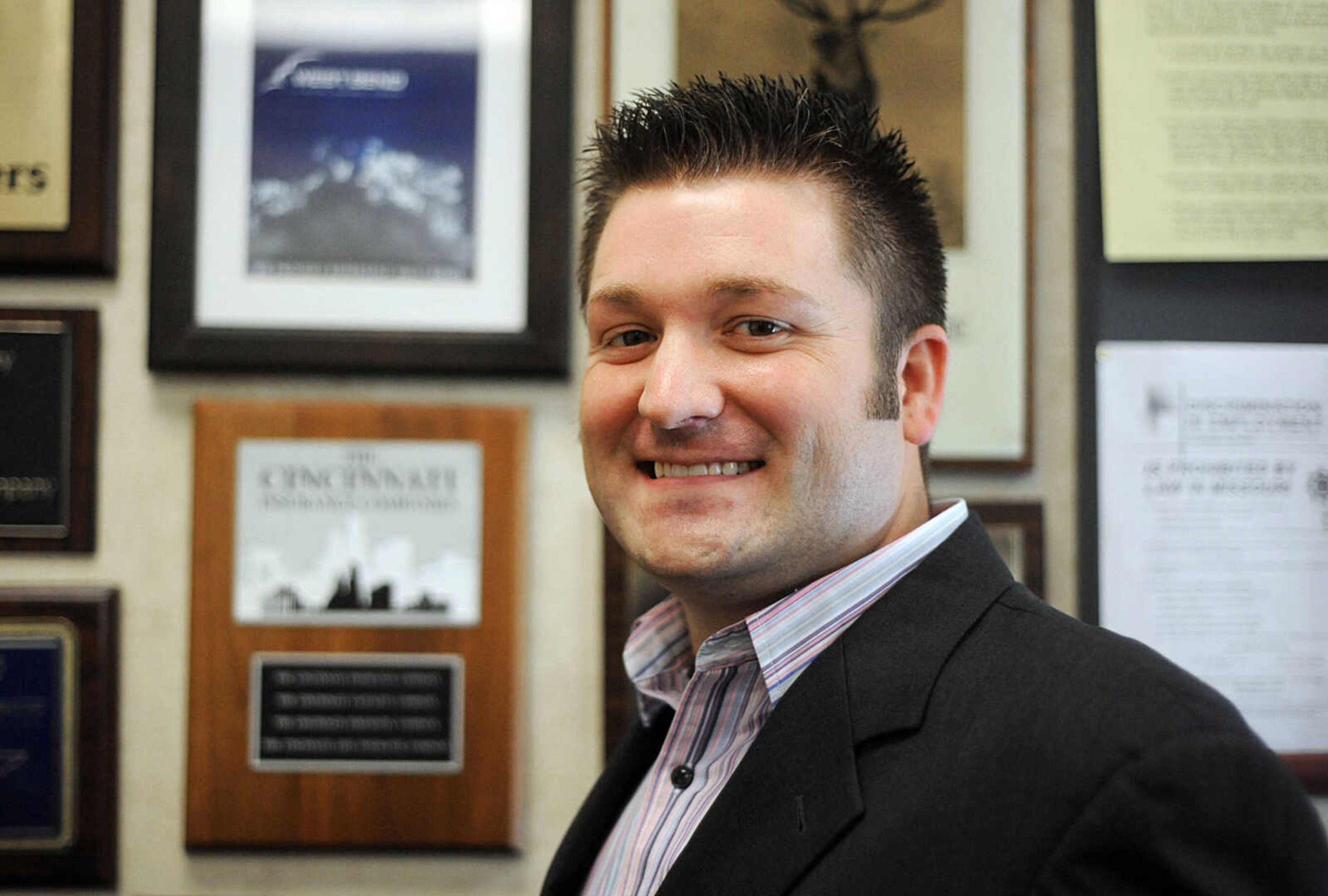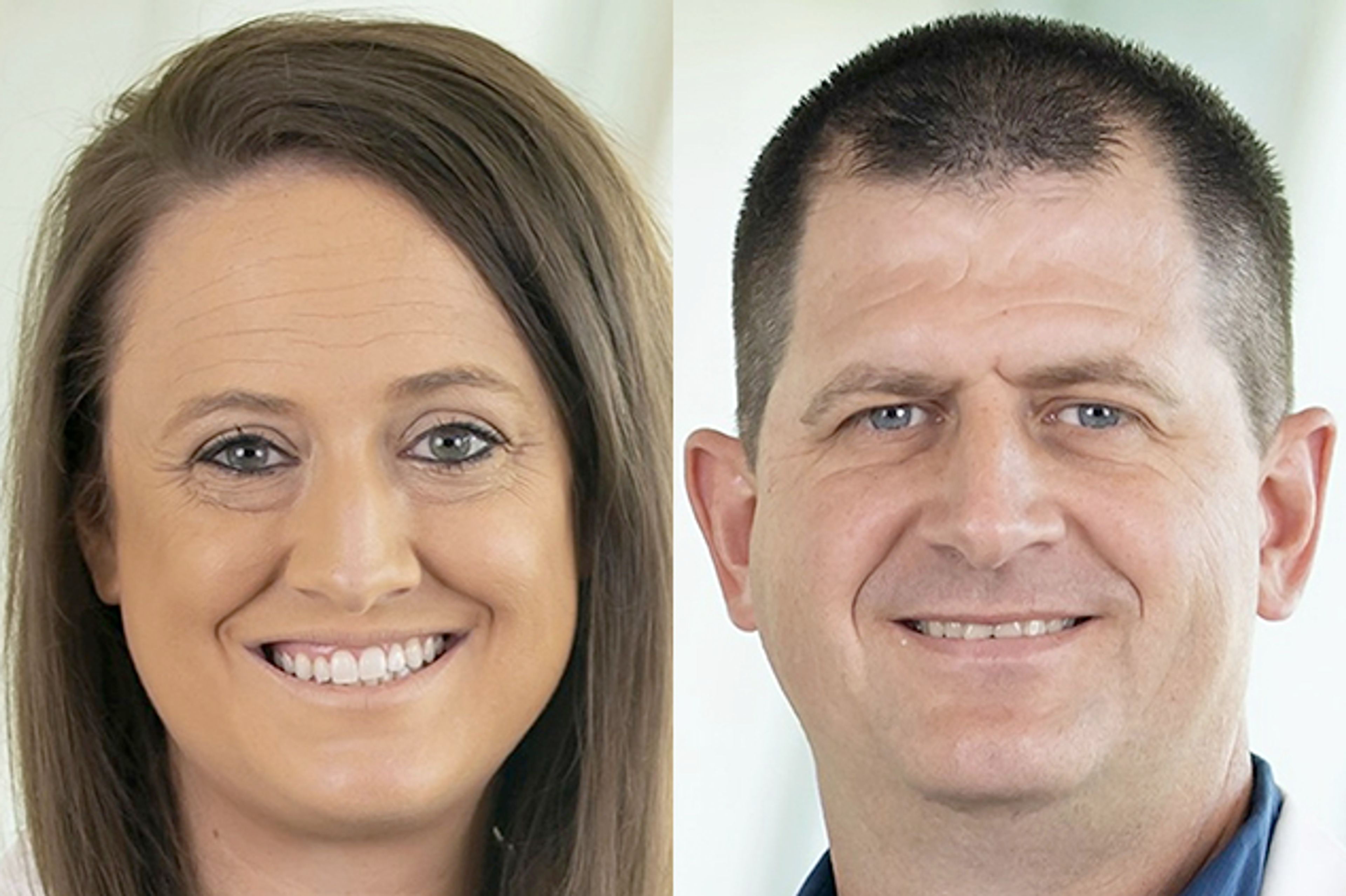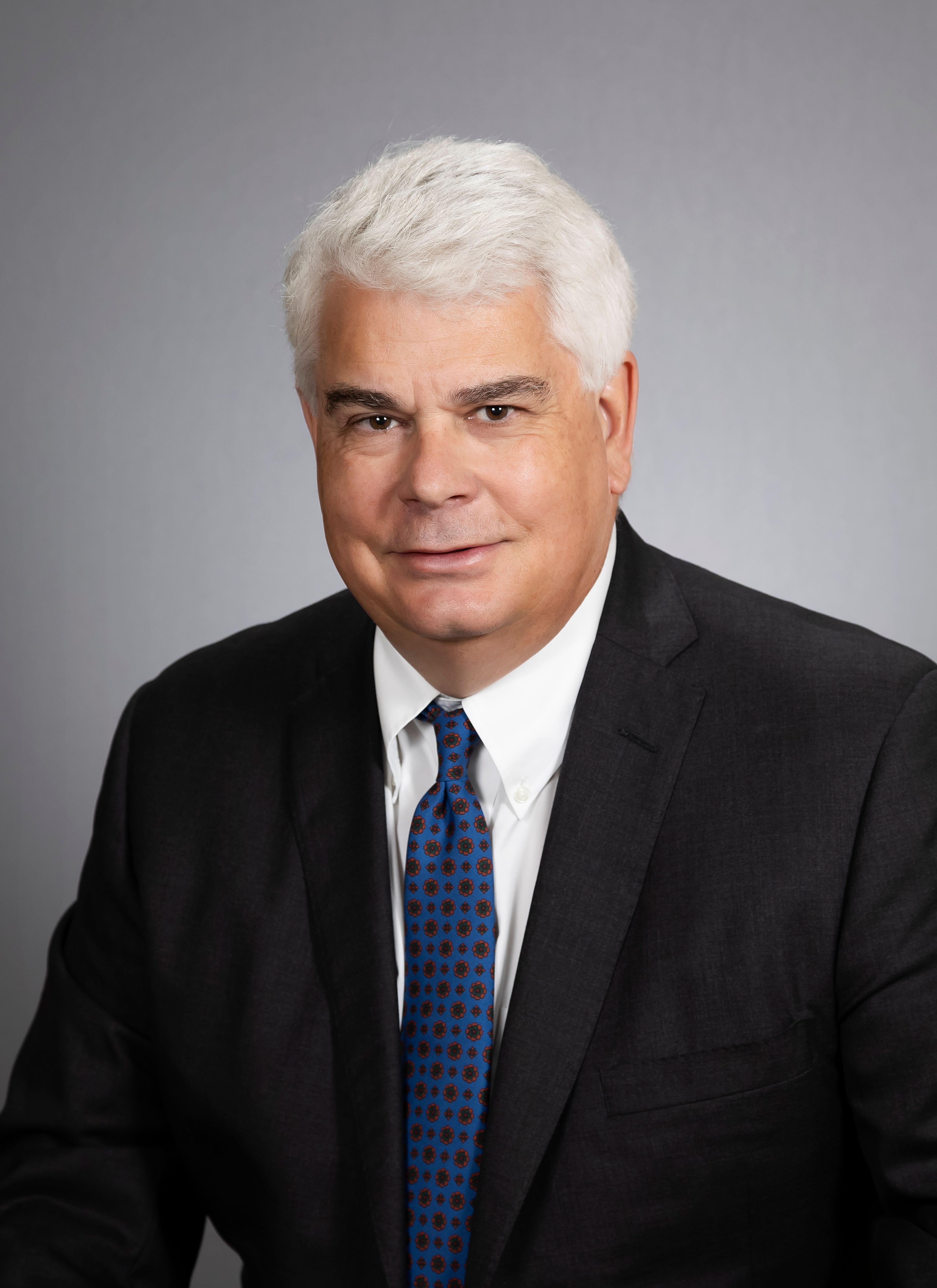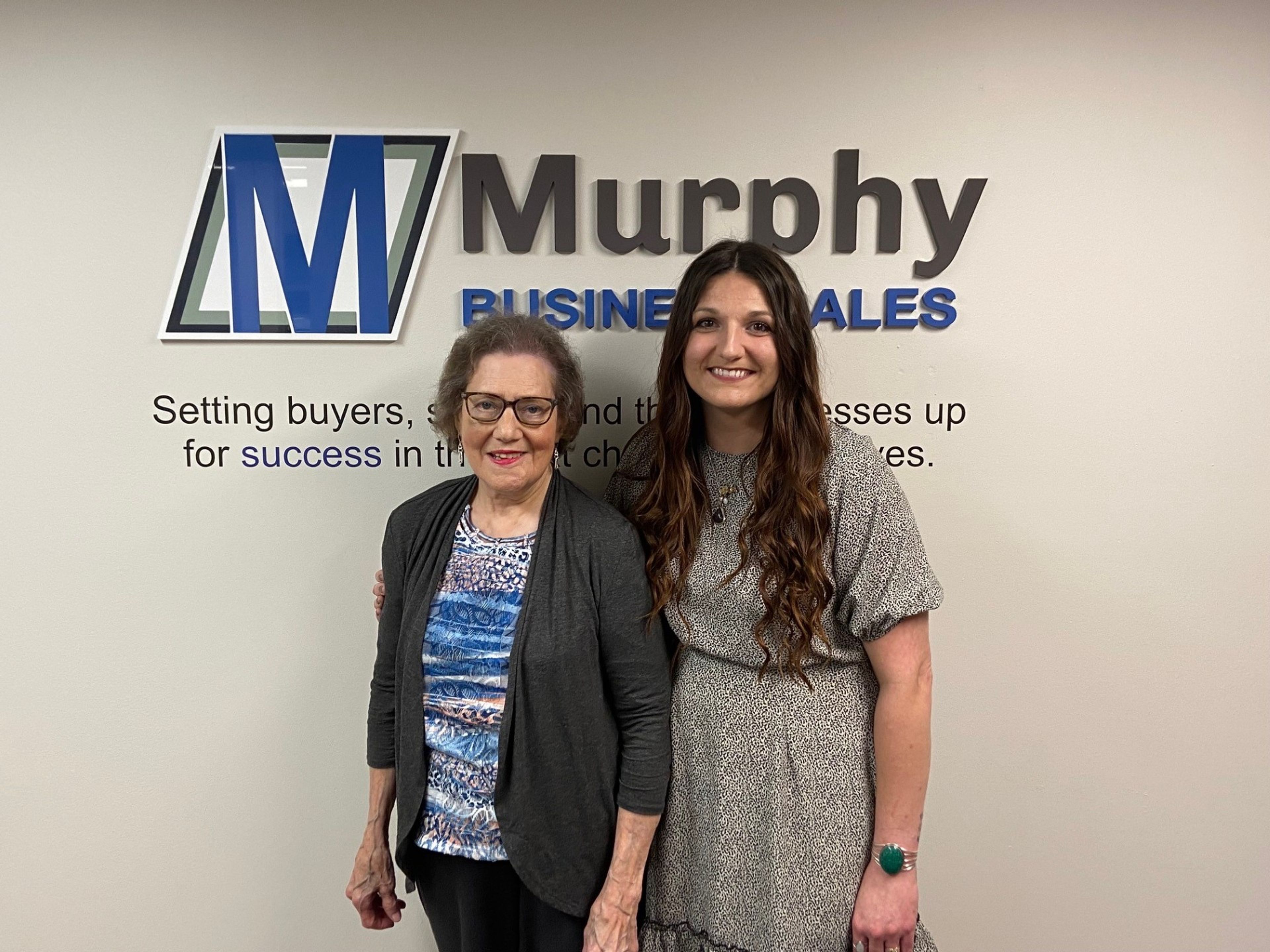In many career fields, continuing education, training necessary to maintain competitive edge
The central tenet of the American economy is the competition that breeds change and innovation. It leaves businesspeople searching constantly for an edge, a leg up, a better way of doing things. Nathan Brown, commercial insurance producer at W.E. Walker Lakenan in Jackson, explains that continuing education is a priority for most businesses. For his, it's a combination of determining best practices and maintaining state-mandated licensing requirements...
The central tenet of the American economy is the competition that breeds change and innovation. It leaves businesspeople searching constantly for an edge, a leg up, a better way of doing things.
Nathan Brown, commercial insurance producer at W.E. Walker Lakenan in Jackson, explains that continuing education is a priority for most businesses. For his, it's a combination of determining best practices and maintaining state-mandated licensing requirements.
"First and foremost we are required to go through a licensing process," he says. "To maintain the two-year license, you're required to do 16 hours of continuing education."
He says every March, he and a handful of other agents attend a small agency conference in Columbia, Missouri.
"We go over general insurance changes, law changes, some that are specific to one company in particular," he says.
Dana Hukel, owner of BOLD Marketing in Cape Girardeau, oversees an eight-employee operation. She explains that being a small business makes the need for continuing education a do-or-die situation.
"My philosophy on training is if you can pull out even one bit of information, it's valuable," she says. "The business that isn't always learning to get better is not going to grow, and you're going to get stagnant."
She says she listens to seminars, reads magazines, goes to conferences, anything that might offer some insight on how to better her business.
Brown says he almost always exceeds the requirements for continuing education by attending conferences. He sits on an organizational committee for small agency conferences in Missouri and has noticed some changes over the years.
The Missouri Department of Insurance says at least three of those 16 required hours must be in ethics training.
"Insurance is very much state-regulated. The ethics did not used to be a requirement," says Brown. "Probably within the past three or four years it's become a requirement. They've really kind of tightened down on what they'll consider continuing education, whereas in the past they would allow more general classes."
Hukel has seen changes in her company's six years of operation, but they've been less due to state regulators and more to do with changes in the media zeitgeist.
"In the world of social media, we now have to do our own training daily on any changes that occur," she says. "We have an individual dedicated completely to keeping tabs on the social media platforms."
She says three years ago, her business's model stopped working. They had outgrown their methods, and she turned to a conference to figure out the next step.
"The way we managed things internally was no longer working. We had to change it," she explains. "That conference has paid for itself 10 times over."
She says the key is to find people who have been part of an operation similar to yours.
"We partner with specialized marketing training firms that offer certifications," she says. "Me personally, I try to attend business leadership seminars to learn how companies similar to ours have grown."
Connect with the Southeast Missourian Newsroom:
For corrections to this story or other insights for the editor, click here. To submit a letter to the editor, click here. To learn about the Southeast Missourian’s AI Policy, click here.






